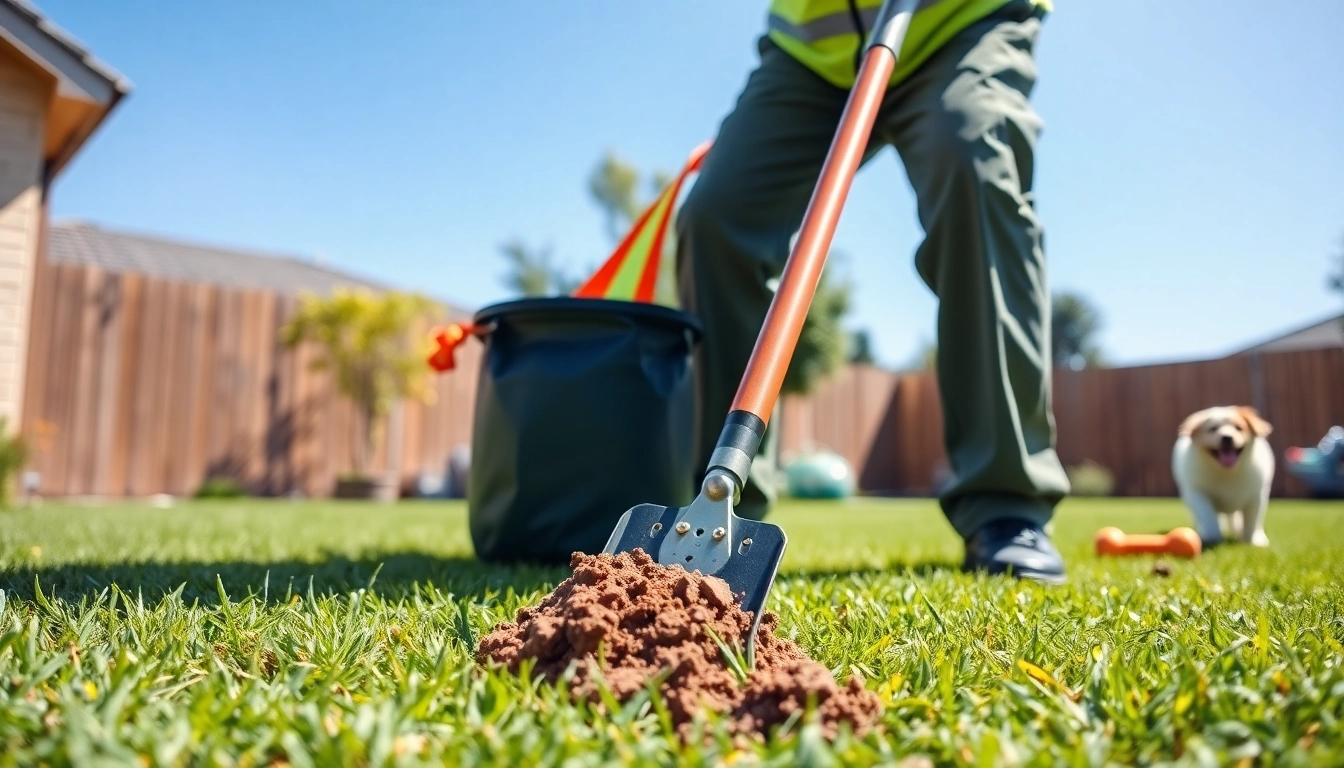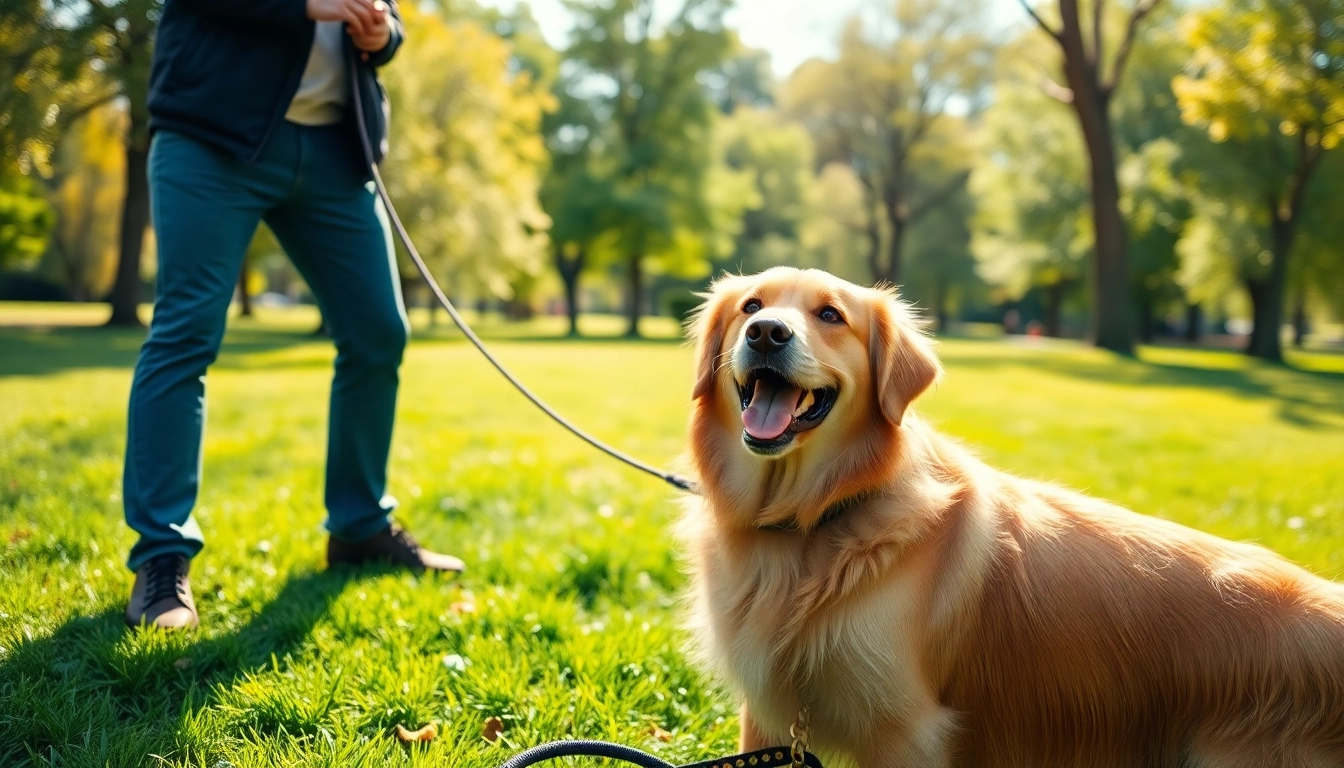Introduction to Weekly Dog Poop Scooping
Welcoming a dog into your home is an incredibly rewarding experience, but it also comes with its unique set of responsibilities. One of the most significant—and often overlooked—responsibilities is managing your pet’s waste. Regular cleaning of your yard not only ensures a clean and pleasant environment but also is essential for the health and safety of your family and pet. In this comprehensive guide, we delve into the nitty-gritty of weekly dog poop scooping, exploring its importance, health benefits, environmental effects, and effective practices to make this task more manageable.
Understanding the Importance of Regular Scooping
The phrase “out of sight, out of mind” may hold true for many dog owners who find it tempting to ignore the rising piles of dog waste in their yards. However, this negligence can lead to a breeding ground for bacteria, attracting pests and presenting health hazards. Regular scooping can keep your outdoor environment clean and safe.
Additionally, consistent cleaning establishes a hygienic routine, greatly benefitting both pet owners and their furry friends. Without regular waste removal, accumulated poop can lead to diseases, attracting flies and other harmful insects that can spread to your home.
Health Benefits for Pets and Owners
When dog waste is left unattended, it can have dire consequences for both pets and humans. Bacteria present in fecal matter can get into the water supply or ground, posing a risk of contamination. Common parasites in dog waste include roundworms and hookworms, which can transfer to humans through soil or untreated water.
For pets, a clean environment reduces the risk of intestinal parasites and other health issues. Regular scooping minimizes the potential for a fecal-oral transmission route, contributing to your pet’s overall well-being. Moreover, this practice cultivates a healthy habitat, reducing the likelihood of your dog developing allergies triggered by the waste.
Environmental Impact of Dog Waste
Dog waste isn’t merely an unsightly nuisance but also a significant environmental pollutant. When feces wash into water streams during rainfall, they can lead to nutrient pollution, which causes algae blooms that deplete oxygen and harm aquatic life. Furthermore, dog waste contributes to soil degradation when it breaks down improperly.
In urban areas, the management of pet waste is crucial to maintaining local water quality. By committing to regular dog poop scooping, owners can play an active role in promoting a cleaner ecosystem. Responsible waste management can significantly reduce contamination levels in waterways.
Choosing the Right Pooper Scooper Service
For many pet owners, the time and effort required to maintain a clean yard leads them to consider a professional pooper scooper service. These services take the hassle out of pet ownership, ensuring that your yard remains tidy and that all waste is disposed of properly.
Criteria for Selecting a Reliable Service
Choosing the right pooper scooper service isn’t just about the lowest price; it involves various factors that contribute to overall service quality. Here are key aspects to consider:
- Reputation: Research local companies and read reviews. Trustworthy services often showcase customer testimonials on their websites.
- Experience: Look for companies that have a solid track record in dog waste removal. Experienced teams know how to handle challenges effectively.
- Service Options: Check if they offer customizable service options based on your pet’s specific needs.
- Pet Safety: Ensure the company uses environmentally friendly products, especially if they also offer yard treatments.
- Pricing Transparency: Reliable services should provide clear pricing without hidden fees.
Comparing Local Providers
Once you’ve outlined your criteria, create a list of local providers and compare them. Many companies offer varying service plans, such as one-time clean-ups, weekly, or bi-weekly scooping options. Investigate the features and extras that each provider offers; some might enhance the standard service with additional cleaning or yard treatment packages.
It is also wise to ask for a quote from multiple companies to help gauge a suitable price for the services you require. Comparison not only helps you find the best deal but also allows you to weigh the value of each service based on listed services versus cost.
Price Structures and What to Expect
Understanding how pooper scooper services price their offerings is crucial to making an informed decision. Most companies charge based on factors such as the frequency of service, the size of your yard, and the number of pets. The average cost for weekly services can range from $10 to $25, depending on these variables.
Some companies may offer discounts for long-term contracts, such as monthly or yearly plans. Inquire about these options for potential savings if you plan to use the service long-term. Be sure to confirm what is included in the fee, such as waste disposal, additional cleanings, or other maintenance tasks.
DIY vs. Professional Dog Poop Scooping
Now that you’ve covered the basics around hiring a professional service, it’s worthwhile to compare the benefits of DIY poop scooping against hiring professionals. Evaluating the time, cost, and effort involved can help you determine the best choice for your circumstances.
Pros and Cons of DIY Poop Scooping
Many pet owners choose to scoop the poop themselves. Here are some pros and cons:
- Pros:
- Cost-effective: Doing it yourself saves money on service fees.
- Control: You have full control over how and when the task gets done.
- Physical Activity: Regular scooping serves as a form of exercise, which can contribute to your overall fitness.
- Cons:
- Time-consuming: Regular scooping takes time that could be spent on other activities.
- Discomfort: Scooping dog poop is inherently unpleasant, which can deter maintenance.
- Health Risks: Without proper precautions, you can expose yourself to parasites and bacteria.
When to Hire Professionals
Hiring a professional service becomes valuable in various circumstances:
- Multiple Pets: If you have multiple dogs, the task can quickly become overwhelming.
- Health Issues: If you or a family member has allergies or health concerns, it’s best to leave this task to someone else.
- Busy Schedules: For pet owners with tight schedules, hiring a service eliminates yet another chore.
Tools and Techniques for Effective DIY Scooping
If you choose to handle poop scooping on your own, the right tools and methods can make this unpleasant task much simpler.
- Scooper: A long-handled scooper can minimize back strain and keep a safe distance. Look for one with a convenient bag attachment.
- Waste Bags: Invest in high-quality, durable waste bags for easy disposal. Biodegradable options are great for those looking to minimize environmental impact.
- Disposal System: Designate a waste disposal area or a container specifically for dog poop. This can facilitate easier and hygienic disposal practices.
- Regular Schedule: Establishing a scooping routine, such as right after walks or daily during playtime, promotes accountability.
Scheduling Your Weekly Dog Poop Scooping
The frequency of dog poop scooping will ultimately depend on personal needs, the number of pets, and environmental factors. Finding the right cadence is crucial for maintaining a clean yard.
Finding the Right Frequency for Your Needs
For most dog owners, a weekly scooping schedule proves effective. However, factors such as yard size, the number of dogs, and even seasonal weather can influence this choice:
- Small Yards: If your yard is on the smaller side and you have one dog, sticking to a weekly cleaning may suffice.
- Medium to Large Yards: Larger areas, especially with multiple dogs, may benefit from twice-weekly services to maintain cleanliness and odor control.
- Weather Conditions: In the rainy season, waste can break down more quickly. More frequent visits could minimize health risks.
Establishing a Routine
Whether opting for professional help or doing it yourself, establishing a consistent routine is vital. Keeping a schedule allows for familiarity and ensures that waste does not accumulate. Set reminders on your smartphone for when the scooping needs to be done.
Maximizing Benefits through Consistency
Regular dog poop scooping provides several advantages. Aside from maintaining a clean yard, consistent scooping reduces odors, keeps pests at bay, and promotes a healthy environment for both pets and humans. Better yet, creating a pattern can alleviate the dread often associated with this task.
Conclusion and Next Steps
In closing, the importance of regular dog poop scooping cannot be overstated. It guarantees a safe, healthy environment for you and your pet while contributing positively to the community and ecosystem. Whether you opt to handle it yourself or enlist the help of professionals, establishing a reliable routine will yield the best results.
Final Thoughts on Dog Waste Management
Remember, waste management is a reflection of responsible pet ownership. Conscientious owners make choices that benefit not only their own yards but the larger community.
Encouraging Responsible Pet Ownership
Responsible pet ownership extends to managing waste and setting a positive example for others. Participate in community initiatives that promote proper pet waste disposal and encourage friends and family to follow suit.
Contacting Your Local Scooping Service
If managing waste becomes overwhelming, don’t hesitate to reach out to your local pooper scooper service. They are here to assist in keeping your yard clean, allowing you to focus more on enjoying time with your furry friend.



